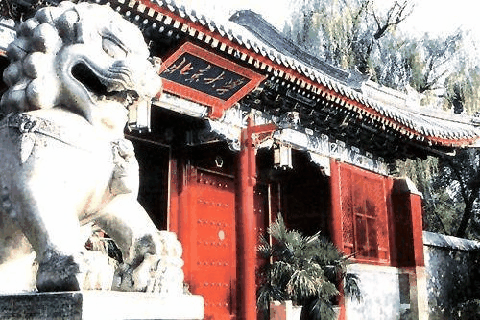
Please see http://en.wikipedia.org/wiki/Peking_University and http://www.chem.pku.edu.cn/index.php?id=101
Peking University
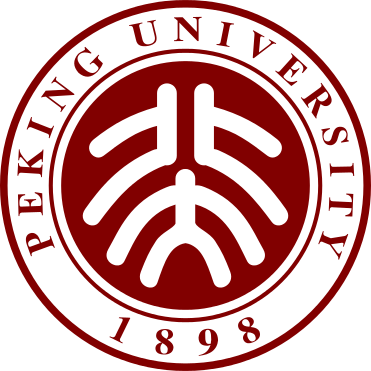
Peking University is the first modern national university established in China, founded as the "Imperial University of Peking" in 1898. The President Cai Yuanpei (1916-1927 in Peking University) helped transform the university into the country's largest institution of higher education. There are many famous people associated with Peking University, among whom Lu Xun, Hu Shih, Chen Duxiu were prominent thinkers in modern China. Peking University also has two Nobel Prize winners, Tsung-Dao Lee and Yang Zhenning. Today, Peking University is famous for its academic achievements and gorgeous landscape. It is frequently refered by many domestic and international rankings as one of the top universities in China.
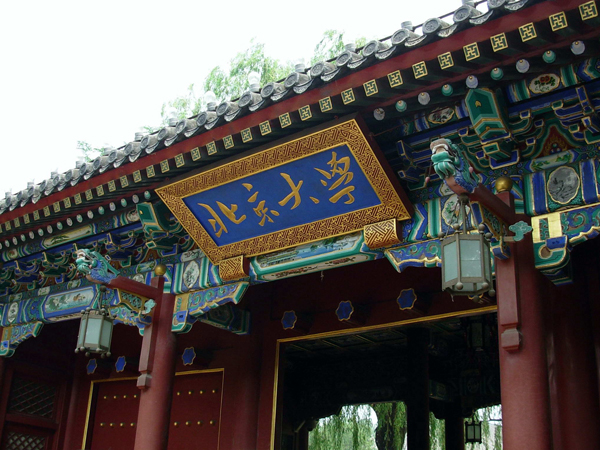
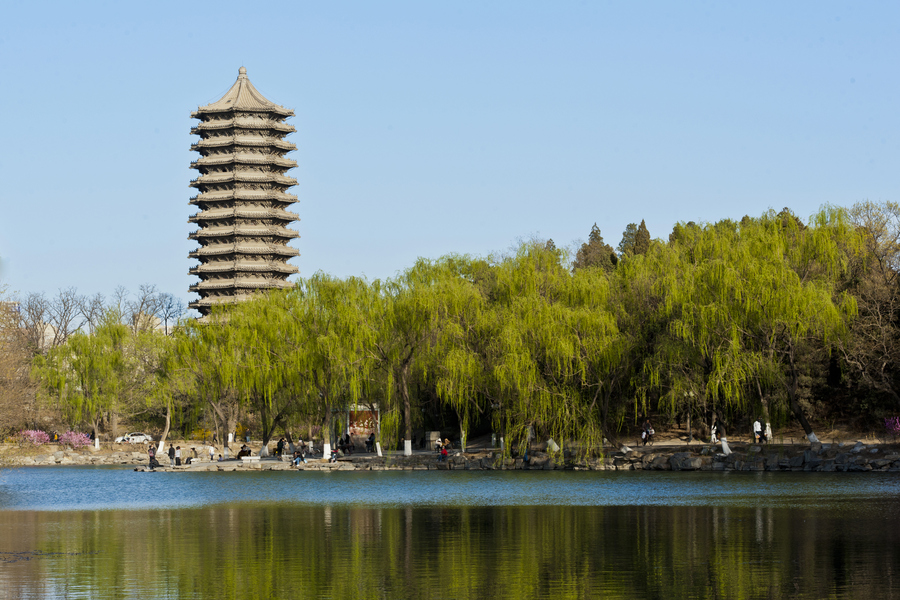
College of Chemistry and Molecular Engineering
College of Chemistry and Molecular Engineering was originally founded in 1910 as the Chemistry Division of the Metropolitan University of the Qing Dynasty, which is the oldest chemistry department in national universities of China. In 1994, it is renamed College of Chemistry and Molecular Engineering. Now, it is set up with 5 departments: Department of Chemistry, Department of Material Chemistry, Department of Polymer Science and Engineering, Department of Applied Chemistry and Department of Chemical Biology; 5 institutes: Institute of Inorganic Chemistry, Institute of Organic Chemistry, Institute of Analytical Chemistry, Institute of Physical Chemistry and Institute of Theoretical and Computational Chemistry. With fine conditions for education and academic research today, it is one of the most influential chemical education and research institutions in China and also among the best around the world.
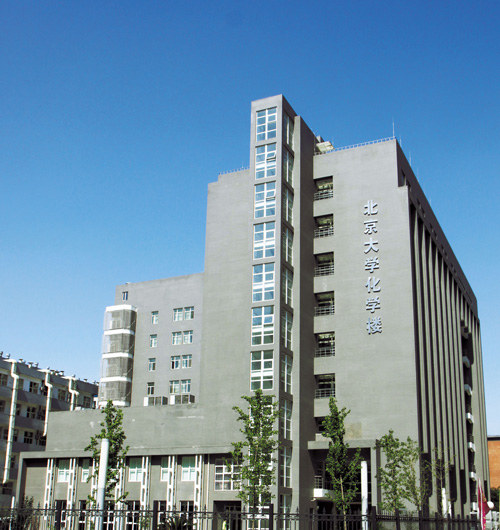
The satellite workshop Recent advances in quantum dynamics and thermodynamics of complex systems will take place in the Institute of Theoretical and Computational Chemistry. The auditorium is Room A204, Chemistry Building.
